Spelling word practice is a vital component of literacy education, playing a crucial role in enhancing students’ language skills. Engaging students in this practice can be challenging, but with the right strategies, it can become an enjoyable and motivating experience. This article explores top strategies for engaging spelling word practice that can boost student motivation and foster a love for learning. From creative methods to involving parents and guardians, we will delve into various techniques to create a dynamic and interactive classroom environment. Whether you’re an educator or a parent, these expert tips will help you tailor spelling practice to meet individual needs and ensure successful outcomes.
Join gameshoek.com for an in-depth exploration of this topic.
1. Importance of Spelling Word Practice
Spelling word practice is fundamental to developing strong literacy skills. It goes beyond merely learning how to spell words correctly; it enhances vocabulary, reading fluency, and comprehension. When students engage in regular spelling practice, they internalize word patterns, phonetic rules, and the structure of the English language, which are essential for effective communication.
Furthermore, spelling practice supports cognitive development by improving memory and attention to detail. It helps students recognize and understand the meaning and usage of words in different contexts, fostering critical thinking and problem-solving abilities. Consistent practice also builds confidence as students become more proficient in their spelling skills, which positively impacts their overall academic performance.
Incorporating engaging and varied spelling activities into the curriculum can make learning more enjoyable and less monotonous. By emphasizing the importance of spelling word practice, educators can create a solid foundation for students’ literacy development, preparing them for future academic challenges and lifelong learning. Whether through games, interactive lessons, or personalized approaches, effective spelling practice is key to nurturing proficient and motivated learners.
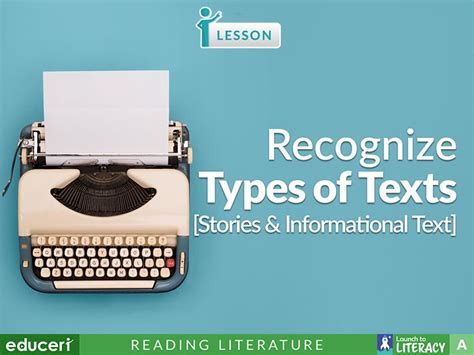
2. Engaging Methods for Spelling Practice
Engaging students in spelling practice requires creativity and variety to maintain their interest and motivation. One effective method is through interactive games such as spelling bees, word searches, and crossword puzzles. These activities make learning fun and competitive, encouraging students to participate actively while reinforcing their spelling skills.
Technology can also play a significant role in making spelling practice more engaging. Educational apps and online games provide interactive and personalized experiences, allowing students to practice at their own pace and receive immediate feedback. Tools like digital flashcards and spelling apps can be customized to each student’s level, making learning more tailored and effective.
Incorporating hands-on activities, such as using letter tiles, magnetic letters, or creating word art, can also enhance engagement. These tactile methods help students connect physically with the words they are learning, making the practice more memorable and enjoyable.
Collaborative learning is another powerful strategy. Pairing students for spelling quizzes or group activities fosters a sense of teamwork and allows them to learn from each other. This peer interaction can boost motivation and create a supportive learning environment.
By diversifying spelling practice methods, educators can cater to different learning styles and keep students excited about improving their spelling skills, leading to better retention and overall literacy development.
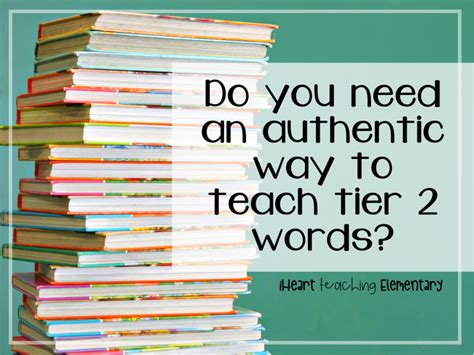
3. Creating a Motivating Environment
Creating a motivating environment is essential for effective spelling word practice. A positive and supportive classroom atmosphere encourages students to engage actively and take risks without fear of failure. Celebrating small achievements and providing positive reinforcement can boost students’ confidence and motivation.
Setting clear goals and providing regular feedback helps students understand their progress and areas for improvement. Personalized praise and constructive comments guide them toward better performance. Displaying students’ work, such as a “Spelling Stars” board, showcases their efforts and achievements, fostering a sense of pride and accomplishment.
Incorporating varied and interesting materials, such as colorful word charts, interactive whiteboards, and engaging digital content, keeps the learning environment dynamic and stimulating. Flexible seating arrangements and designated spelling corners can also create a comfortable and inviting space for practice.
Encouraging student choice in activities and allowing them to set personal spelling goals can enhance their intrinsic motivation. By involving students in the decision-making process, educators can create a sense of ownership and commitment to their learning, ultimately leading to more enthusiastic and effective spelling practice.
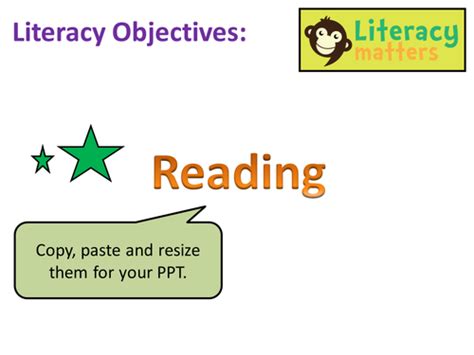
4. Active Learning Techniques
Active learning techniques are crucial for engaging students in spelling word practice. One effective method is through kinesthetic activities, where students move around the classroom while learning. For example, spelling scavenger hunts, where students search for objects or pictures that match their spelling words, combine physical activity with learning, making the experience enjoyable and memorable.
Incorporating multimedia elements, such as videos and audio recordings, can also enhance active learning. Students can watch short clips related to their spelling words or listen to songs that include their target vocabulary. These multisensory approaches cater to various learning styles and keep students engaged.
Group activities and collaborative projects foster peer interaction and teamwork. Activities like creating a class spelling book or group spelling challenges encourage students to work together, share ideas, and learn from one another.
Interactive technology tools, such as smartboards and educational apps, provide hands-on learning experiences. Students can practice spelling through interactive games and digital activities that offer instant feedback and rewards, keeping them motivated and involved in the learning process. By incorporating these active learning techniques, educators can create a dynamic and engaging environment that promotes effective spelling practice.
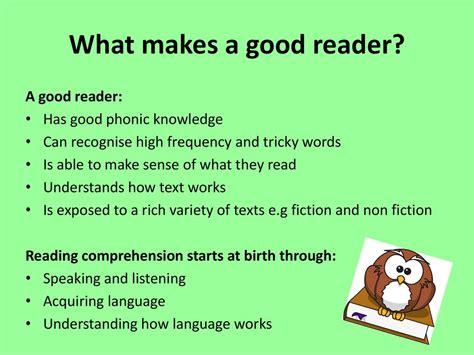
5. Customizing Practice for Individual Needs
Customizing spelling practice to meet individual student needs is essential for maximizing learning outcomes. Recognizing that each student has unique strengths and challenges allows educators to tailor their approaches, ensuring more effective and personalized instruction.
One strategy is to assess each student’s current spelling abilities and identify specific areas for improvement. Using this data, teachers can create differentiated spelling lists that cater to varying skill levels within the classroom. This approach ensures that all students are challenged appropriately without feeling overwhelmed.
Personalized learning plans can also include varied practice methods based on individual preferences and learning styles. For instance, visual learners might benefit from colorful flashcards and word walls, while auditory learners could improve through listening exercises and spelling songs. Kinesthetic learners may find hands-on activities like building words with letter tiles or writing in sand particularly effective.
Additionally, incorporating students’ interests into spelling practice can increase engagement and motivation. Allowing students to choose some of their spelling words based on their hobbies or favorite subjects makes the practice more relevant and enjoyable.
Regular one-on-one feedback and support help students track their progress and stay motivated. By customizing spelling practice to meet individual needs, educators can create a more inclusive and effective learning environment that promotes success for all students.
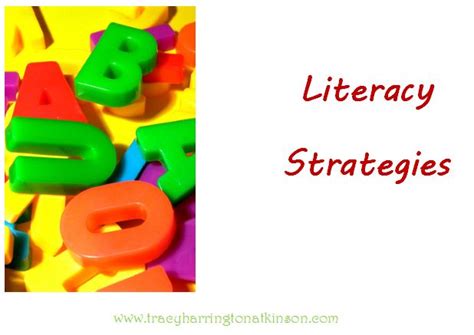
6. Involving Parents and Guardians
Involving parents and guardians in spelling word practice is a powerful way to reinforce learning outside the classroom. Encouraging parental participation helps create a supportive home environment that promotes consistent practice and reinforces the importance of spelling skills.
One effective strategy is to provide parents with resources and guidelines on how to assist their children with spelling practice. This can include spelling games, flashcards, and interactive activities that can be easily implemented at home. Regular communication between teachers and parents, such as through newsletters or parent-teacher meetings, ensures that parents are informed about their child’s progress and upcoming spelling lists.
Parents can also engage in spelling activities that integrate into daily routines, such as practicing spelling words during car rides or incorporating them into family game nights. Encouraging parents to read with their children and discuss new words enhances vocabulary and spelling skills.
By fostering a collaborative approach to spelling practice, educators can create a cohesive support system that extends beyond the classroom. This involvement not only strengthens students’ spelling abilities but also builds a stronger connection between home and school, contributing to overall academic success.
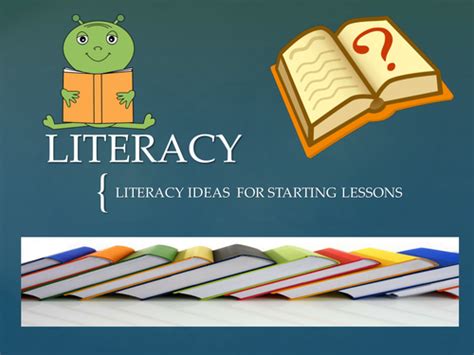
7. Assessing Progress and Providing Feedback
Assessing progress and providing feedback are crucial components of effective spelling word practice. Regular assessment helps track students’ development and identify areas where they may need additional support. Using a variety of assessment methods, such as quizzes, spelling tests, and informal observations, allows educators to gauge students’ mastery of spelling words and their understanding of phonetic patterns.
Formative assessments, conducted frequently, provide immediate insights into students’ progress and help adjust instruction as needed. For example, weekly spelling tests can highlight which words students are struggling with and inform the focus of future practice sessions. Additionally, incorporating self-assessment and peer-assessment activities encourages students to reflect on their own learning and gain constructive feedback from their peers.
Providing timely and constructive feedback is essential for helping students improve. Feedback should be specific, highlighting both strengths and areas for improvement. Positive reinforcement motivates students and builds their confidence, while constructive suggestions guide them in refining their skills.
Setting up individual conferences or feedback sessions offers personalized support, allowing students to discuss their progress and set goals. By regularly assessing progress and offering meaningful feedback, educators can ensure that students remain engaged, motivated, and on track to achieve their spelling goals.
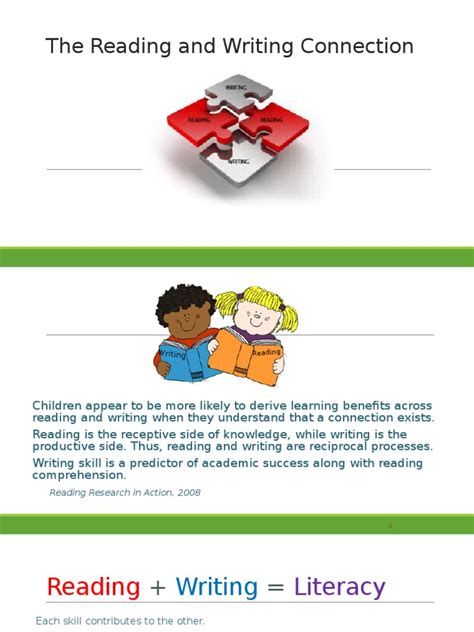
8. Success Stories and Examples
Success stories and examples illustrate the effectiveness of engaging spelling word practices in real classroom settings. One example is a third-grade class that incorporated spelling games and technology into their routine. By using interactive apps and spelling challenges, students showed significant improvement in their spelling test scores and developed a newfound enthusiasm for learning.
Another success story involves a school that implemented a spelling buddy system. Students were paired to practice spelling words together, providing peer support and fostering a collaborative learning environment. This approach not only enhanced their spelling skills but also strengthened their social interactions and teamwork.
Involving parents in spelling practice also yielded positive results. One parent reported that using customized spelling lists based on their child’s interests led to higher engagement and better retention of spelling words. By integrating these practices, the child’s spelling performance improved dramatically.
These examples highlight how tailored and engaging spelling practices can lead to remarkable progress, demonstrating the potential for fostering a love of learning and achieving academic success.

Incorporating engaging strategies into spelling word practice is essential for boosting student motivation and enhancing literacy skills. By utilizing interactive methods, creating a motivating environment, and customizing practice to individual needs, educators can foster a dynamic and effective learning experience. Involving parents and regularly assessing progress further supports student success. Embracing these approaches not only makes spelling practice more enjoyable but also helps students develop a strong foundation in language skills, leading to long-term academic achievement.
gameshoek.com
